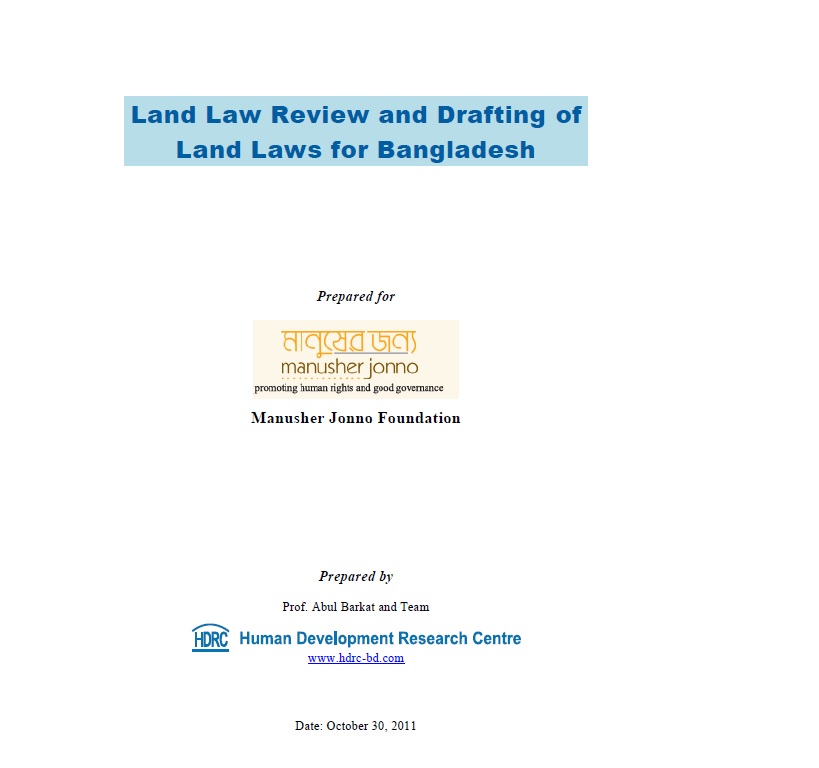Uttaran, which means ‘transition’, in Bangla language, is a people centred organisation using a rights based approach to alleviate poverty, diversify livelihood opportunities and empower poor communities throughout the southwest region and gradually expanding to other parts of Bangladesh. The core focus of Uttaran programs are human rights, land rights and agrarian reform, community based river basin management, sustainable water management, adaptation to climate change, ecological agriculture and food security.
Our vision & mission
Uttaran’s vision and mission reflects our aspiration to work in partnership with local communities and vulnerable individuals to reduce poverty and improve lives.
Vision: A society with gender, class and caste equality.
Mission: Equip the disadvantaged people with the tools needed to deal with their social, environmental, health, economic and cultural issues and concerns.
Goals
We develop our strategies in partnership with local communities and marginalized groups. This people centered approach is vital to making sure that we are able to fulfill our goals.
- Eradicate poverty by creating enabling environment for income, asset base for the poor
- Promote environment friendly sustainable agricultural practices
- Ensure education, health services to the underprivileged and extreme poor
- Ensure people’s participation and good governance
- Ensure quality of life in time of natural and artificially created disaster
- Promote equality, human rights and social justice
Strategies
- Organization and capacity building for the poor
- Ensure sustainable livelihood practices for women and poor
- Ensure women and poor’s entitlement to social services (education, health, safety net)
- Raising voice, influence and agency of poor through advocacy, campaigns, lobbying and networking
- Mainstreaming of rights, gender and inclusion issues
- Building pro poor partnership
- Result Based Management (RBM) practices
Values
- Accountability and transparency
- Non-discrimination and mutual respect
- Gender equality
- Commitment
- Team spirit
- Creativity
- Conservation of resource
Resources
Displaying 51 - 52 of 52Land Law Review and Drafting of Land Laws for Bangladesh
The complexity and magnitude of issues pertaining to land administration and management in Bangladesh cannot be overstated. The nature and volume of land disputes in the nation indicate the inefficiency of the land administration system and land dispute resolution mechanisms. Especially multiple claims to the same property-fuelled by the uncoordinated land recording systems-are widespread. land grabbing presents huge legal and governance related challenges.
Making Productive Use of Khas land: Experiences of Extreme Poor Households
This study investigated three key aspects influencing negotiations for the purpose of understanding how the gains were made from the khas (state) land by extremely poor households. These were: 1) if and how intra-household dynamics and characteristics impacted the negotiations; 2) if and how the local socio-political situation and the location of the land bear influence and 3) how the extremely poor‘s relationships with external agencies including markets, the state and institutions have an impact on the negotiation process and how the land is made productive.




